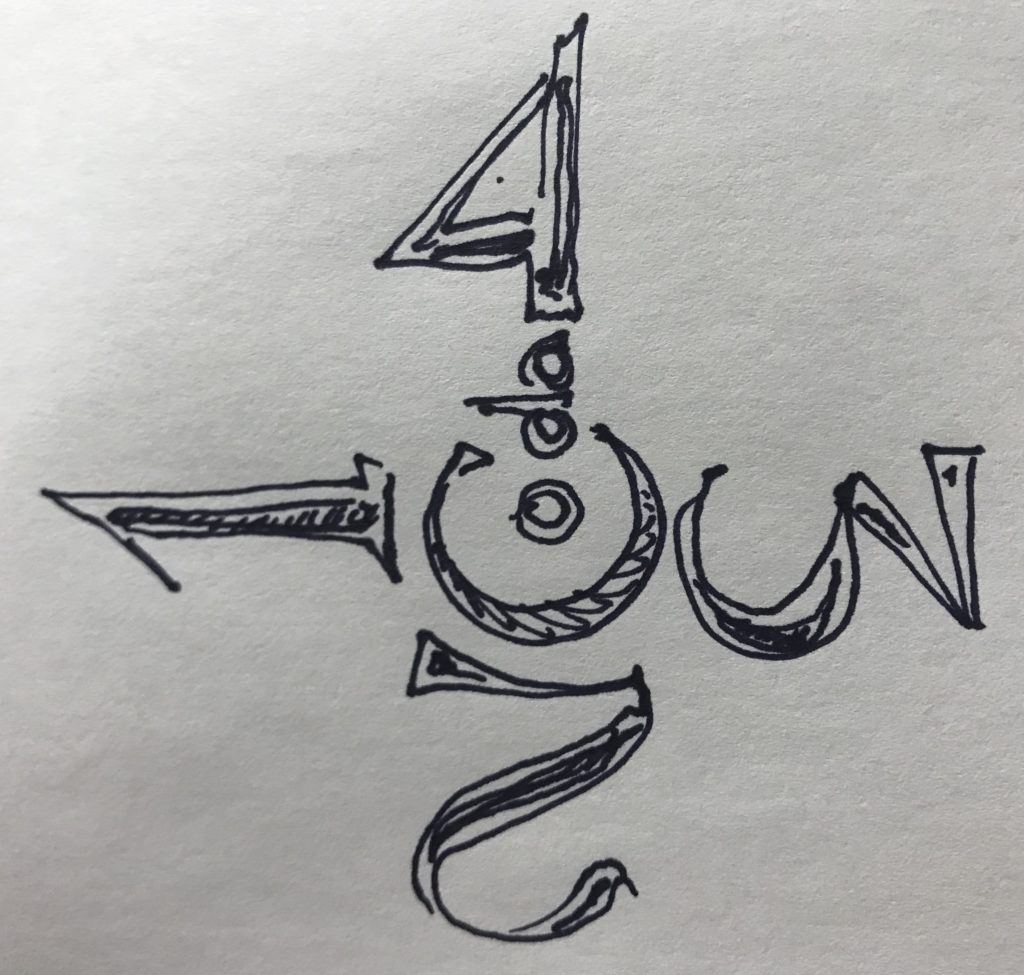Fake! Copy! Stupid! (4)
Piecing this together is not easy. It started off easily enough, but now I think about what made me change. What was considered good bits of violence in stories afterward? We liked killing in stories, as long as it was done without the elements of “fake” or “copy.” But at what point did our viewpoints turn around and accept that every heroic piece of fiction that we had seen in our youths was not what we thought they were? They had killing, but to what extent could we say today, “realistic?” And what was responsible for that shift in our perspectives?
I know the exact moment for me. It was the Oliver Stone movie, Platoon. The year after Robotech, we would watch this seminal movie at the movie theater with our cousin. And we would never be the same again.
This anti-war movie was being rereleased in 1987 because of the movie nominations it had garnered. We watched it during the rerelease, already aware of the kind of movie it was, depicting a harrowing subject in the American consciousness of the day. Nobody spoke of the Vietnam War since it ended, when people wanted to move on already, and this movie opened the discussion again.
Platoon succeeded in depicting a brutality that had never been seen in Hollywood. American soldiers were blown to pieces as they committed atrocities that no war could justify. It was a cold, hard look at a dark time.
But we didn’t view it that way. Yes, of course, we were aware of the message of the movie, and we were behind the message about war being bad and devastating to all that it touched and all that. In spite of the message (which went against the grain of our motives to watch movies), it was because it displayed the fighting without holding back that we venerated this movie so much.
Years later, I would watch this movie again with a new set of lenses to my outlook, and I would be shocked at how horrible the violent acts actually were — as if I had never seen the movie before. This was years after I no longer looked at entertainment and devalued it according to how fake or stupid it was. And it was many years after I dropped my penchant for watching violent action scenes. I received a dose of Platoon and almost felt the tears coming because of the misery of it all.
But not when I watched it at the movie theater that fateful night, when the sacrificing of our heroic soldiers came to life in a brutality we couldn’t see coming. It was almost religious. We were walking back to our house, talking about how Elias, the good sergeant, had been abandoned by his fellow troopers and then gunned down by the Viet Cong — how it was the best piece of acting Willem Dafoe had ever done. Though there were heroes, there was nothing about soldiers running across a field to capture a bunker, shooting their weapons like they did in old movie posters and inevitably in the old movies themselves.
We took this as a lesson learned. From now on, my brother and I were going to measure every piece of realistic story against the sounding board of Platoon. When watching Star Wars again a few years later and finding that the stormtroopers were killed by a little magic red line that put a small hole in them, it was good, clean fun. It was not as messy as things actually get when real guns are going off.
Though other Vietnam movies came on the coattails of Platoon (as copies, as we would immediately acknowledge), they tried to top this one, and many in fact did find grislier content with which to fill their stories, but the sheer honesty in Platoon still beats them all out.
It was an honesty that was deeper than the mere attention to detail for its realistic mixture of story and violent conflict. It was the honesty that comes from introducing a subject no one else would talk about at the time, and it was delivered by a rookie director who had still not formed a style he would rely on for everything. It just came together perfectly. And it would take me a long time to understand that level of reality.
